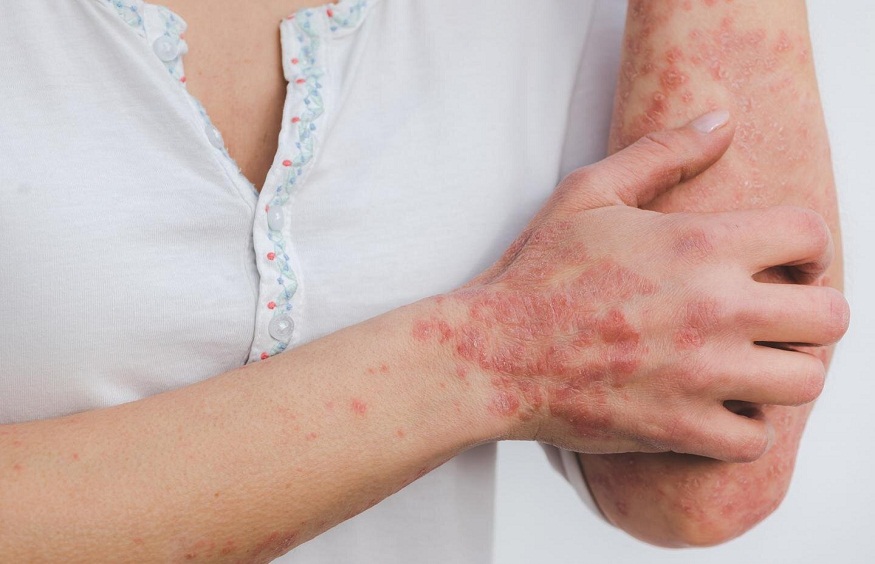Our skin tells a story. It reflects how we feel inside. Dermatology and mental health often overlap. I see this every day. Skin issues can affect mood, confidence, and even relationships. Acne, eczema, and psoriasis are common triggers. These conditions can lead to anxiety or depression. On the flip side, stress can worsen skin problems. This relationship is crucial. Understanding it helps in treatment and healing. Even procedures like earlobe repair great neck can have an impact. The mind and skin are linked. Addressing both promotes overall health.
Understanding the Connection
The link between skin and mental health is significant. Skin conditions can lower self-esteem. This can lead to social withdrawal or anxiety. It becomes a cycle. Stress worsens skin issues, and skin issues increase stress. Breaking this cycle is key. Certain treatments address both skin and mental health. This holistic approach helps improve well-being. For more insights on mental health, refer to the National Institute of Mental Health.
Common Skin Conditions and Their Impact
Several skin conditions are known to affect mental health. Here are three major ones:
| Skin Condition | Mental Health Impact |
| Acne | Can lead to anxiety and low self-esteem |
| Eczema | Often linked with stress and depression |
| Psoriasis | associated with a higher risk of depression |
Approaches to Treatment
Treating both skin and mental health requires a dual approach. Dermatologists and mental health professionals must work together. Here are three strategies:
- Combined Therapies: Use medications and therapies that treat both skin and mental symptoms.
- Stress Management: Techniques like meditation and yoga can manage stress levels.
- Support Groups: Sharing experiences helps reduce feelings of isolation.
Role of Lifestyle Changes
Simple lifestyle changes make a difference. Eating a balanced diet and getting enough sleep helps skin and mood. Regular exercise releases endorphins. These improve mental health and skin vitality. Avoiding triggers like harsh skincare products or stressful situations can prevent flare-ups.
Seeking Professional Help
When skin issues affect mental health, seek professional help. Consult a dermatologist and a mental health professional. They will create a tailored treatment plan. Early intervention leads to better outcomes. For more information about mental health services, visit the U.S. Department of Health & Human Services.
The Importance of Self-Care
Self-care is vital for managing skin and mental health. Take time to relax and unwind. Engage in activities that bring joy. This helps reduce stress and improve skin conditions. Remember, the journey to better skin and mental health takes time. Patience and persistence are key.
In conclusion, the connection between dermatology and mental health is profound. Addressing both aspects is essential for overall wellness. By understanding this link and taking proactive steps, one can achieve healthier skin and a healthier mind.

